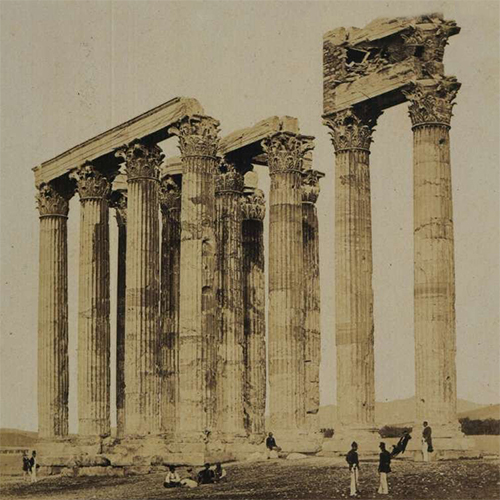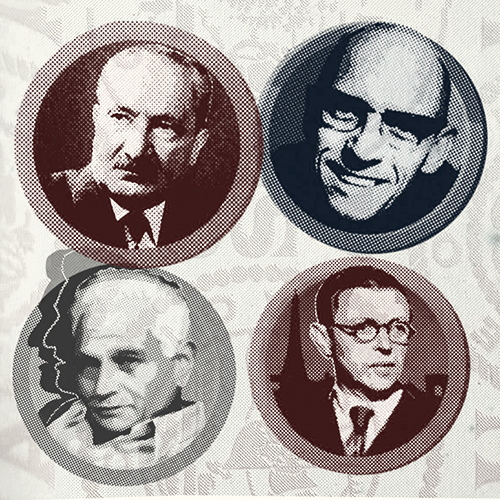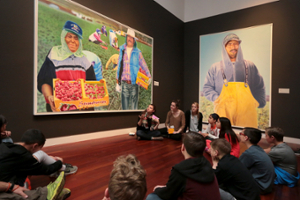Interdisciplinary Majors and Minors
Majors
History-Classics-Politics
The Classics-History-Politics major offers students interested in the Western intellectual tradition the opportunity for multidisciplinary study supported by training in languages central to that tradition.
History-Political Science
The History-Political Science major gives a student the opportunity to apply the perspectives of history and political science to an area of the world of his or her choosing.
History-Philosophy
In the History-Philosophy major, students may develop a program that focuses on a period (e.g., the Middle Ages, the 19th Century), an area (e.g., East Asia, the Mediterranean), or an issue (e.g., the environment, feminism).
Minors
European Studies
The minor in European Studies complements established regional and thematic tracks such as Asian Studies, Latin American Studies, or Russian and Eurasian Studies, and provide students with an opportunity to study a specific context from an interdisciplinary and critical perspective. Many disciplines, departments, and programs at Colorado College focus directly or indirectly on questions concerned with Europe in national, transnational, or comparative contexts. The minor forges new connections between these disciplines, departments, individual faculty members, and students, allowing students to create a personal course of study focused on European issues. In so doing, it provides a platform to share ideas and resources, to collaborate, and to critically interrogate Europe in new and innovative ways.
 Museum Studies
Museum Studies
The museum studies minor brings together intellectual perspectives, academic approaches, and research practices to offer students a lens through which they may investigate material culture and how cultural products are understood and displayed in the context of museums. 5 units, minimum.
Arabic, Islamic and Middle Eastern Studies
Arabic, Islamic, and Middle Eastern Studies (AIMES) is the study of the history, religions, politics, cultures, and literatures of the Arab and Muslim worlds and their diasporas. As an interdisciplinary endeavor, AIMES combines the resources and perspectives of many fields to produce nuanced understandings that reject overgeneralization and oversimplification, while asking critical questions about Western hegemony, the legacies of Orientalism and colonialism, the relationship between power and knowledge, and the politics of translation and transnational circulation.
